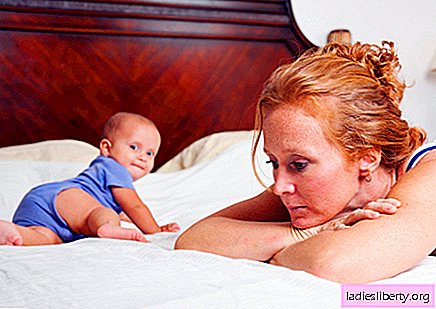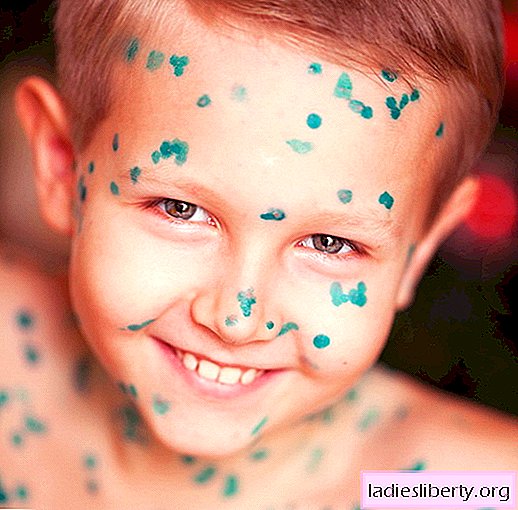
For better or worse, the term "postpartum depression" has appeared in Russia relatively recently. The older generation is confident that this condition itself is fantastic. After all, for a young mother it is completely natural to get tired, get enough sleep, worry and worry. However, doctors see this situation as requiring intervention. What is "postpartum depression" and how to distinguish it from the usual overwork associated with caring for the baby?
Postpartum depression can be a component of the general depressive state, and sometimes it occurs against the background of hormonal changes, physical overwork and stress. It is distinguished from fatigue by its depth and length. She is also dangerous because most of the women cannot soberly and objectively assess their position. As a rule, instead of seeking help or consulting a specialist, a young mother tries to cope with the problem on her own. Some also exacerbate stress, blaming themselves for not being able to become a good mother and tormented by remorse for feeling overwhelmed and in a bad mood.
How to distinguish fatigue from the onset of depression?
Most women who have given birth are familiar with the emotional swing of the first month after giving birth. The level of hormones that provided the first euphoria falls sharply, and the feeling of flying is replaced by a feeling of depression and fatigue. Multiple intensified anxiety adds fuel to the fire. Many mothers are familiar with the feeling when caring for a newborn does not let go even for a second, not giving them the opportunity to rest even in those minutes when relatives and friends come to the rescue and take care of the newborn. There is another reason for post-natal stress - in the first 28 days of life, the child is still “non-contact” - his eyes are not focused, he does not show what his mother recognizes. Very often, the mood falls precisely during this period - after all, a woman gives herself all in the first weeks of a child’s life, caring for him almost around the clock, but still does not see any return. In addition, it is the first month that is “training” - it is possible to find out the cause of crying and find ways to comfort the crumbs by trial and error. Normally, this period of anxiety and despondency ends by the second month of life, when the baby begins to distinguish the mother from everyone else, demonstrating this with the first wide smile. Mother and child quickly find contact, a daily regimen is developed, and life returns to its usual course.
If this did not happen, and emotional depression was aggravated by more obvious signs - this is an alarming signal. Faithful companions for postpartum depression are:
- Lack of appetite
- Frequent bouts of tears and even tantrums
- Insomnia
- Weight loss
- Loss of ability to concentrate
Being depressed, a woman loses interest in life, suicidal moods may appear. All this is accompanied by increased anxiety, and the baby himself can scare her - she feels that she does not know how to provide him with care and is afraid to do harm.
The success of relieving these unpleasant symptoms depends on how quickly the family realizes that this is not just fatigue. Do not forget that the woman herself, most likely, will not talk about depression, but on the contrary, she will become even more enclosed in herself. Most, having noticed symptoms such as irritation of a child or sadness from their birth, will not declare them publicly, fearing condemnation. Meanwhile, a frank conversation and support of relatives can have a therapeutic effect, therefore, the prevention of postpartum depression largely depends on the understanding of loved ones and on the family’s willingness to help a young mother.











